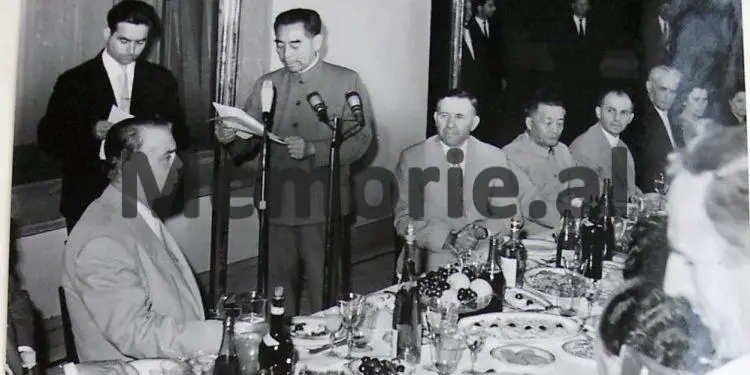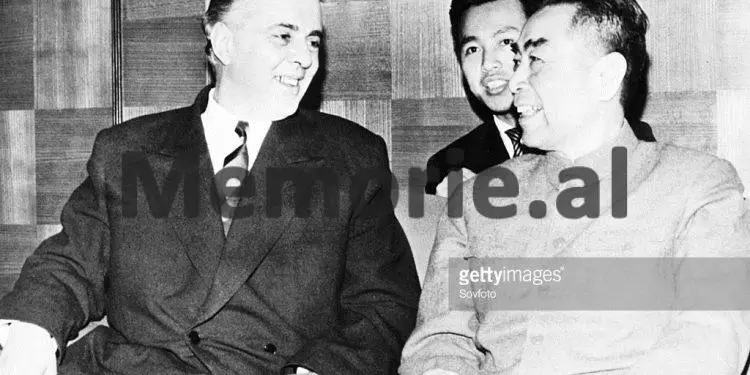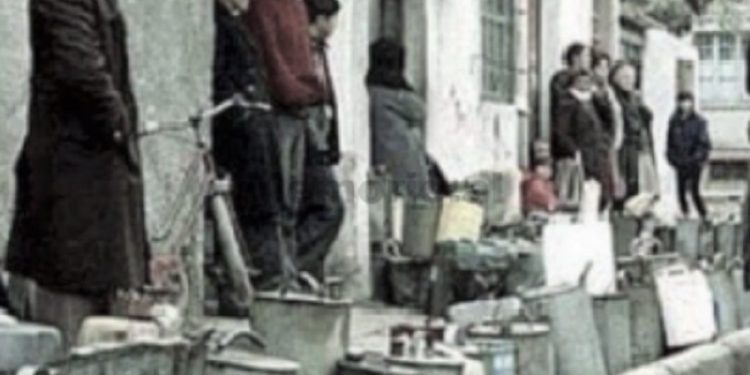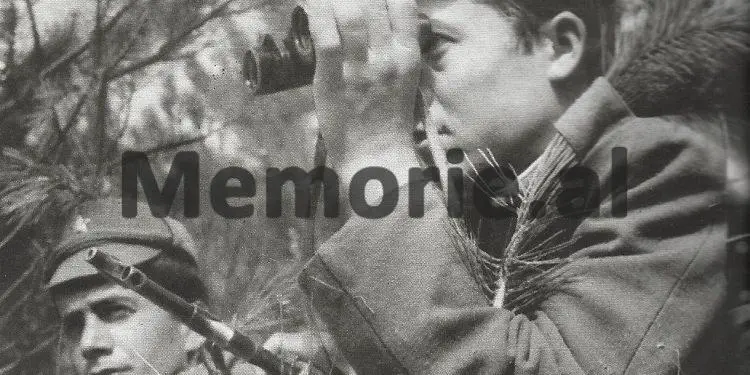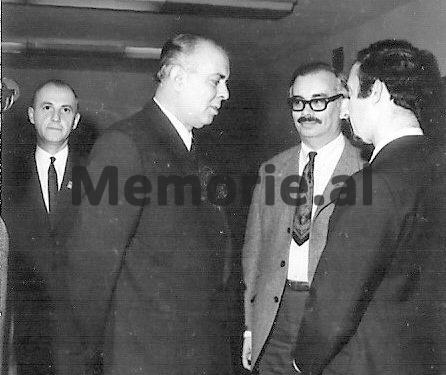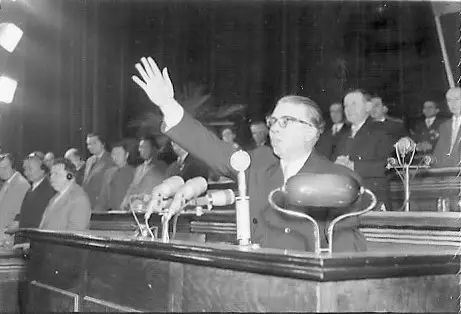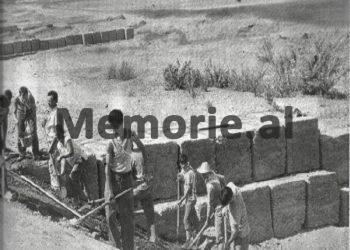By Jonathan Sill
Memorie.al / Albania was the only country in the world that, as predicted, would be the temporary exception of Cambodia, which has not had diplomatic relations, both with the United States of America and the Soviet Union. And if the leader of her party, Enver Hoxha, who was in power since the period of occupation by Italian and German forces, which ended with the end of the Second World War, continues to follow his path, Albania will not never achieved this.
“Our country’s policy,” Hoxha said at the time, “is not the policy of those countries that carry hundreds of flags in their pockets.” Our People’s Republic does not lower its flag, both before blackmail and territory, and before rubles or dollars.
Should we follow this principle and policy, or sit on our knees, lick the boots of the Americans and the Soviets, making a prostitute state”?
The disregard in these words was characteristic of the policy that only Hoxha applied. Slogans, a cult and discipline of Hoxhe’s personality, were present in Albania.
But there was both little economic development and a conspiracy, compared to the rest of Eastern Europe, as well as the West.
Total isolation
Since 1967, when all churches and mosques were closed, Albania was the first atheist country in the world, whose only “religion” was Albania, as Enver Hoxha defined it. As drastic as the policy of isolation is, it carries within itself historical roots.
Italy, Greece and Yugoslavia all hoped to occupy Albania after World War I and, since World War II, President Tito, the CIA (Central Intelligence Agency) and Nikita Khrushchev had their own plans to take it over. .
Apart from a diplomatic corps and a few businessmen allowed inside the country, just for a few days, Albania receives about 5,000 tourists a year. At the border, an official barber shaved beards and cut hair.
They removed almost all means of reading and ordered tight pants, miniskirts, and shorts to be replaced by long clothes. If these rules were not followed, visitors entered Albania, unlike any other country in Europe.
Albania has had no traffic lights or private cars. The traffic consisted of Chinese-made Jeeps and trucks and heavily laden carts, bicycles and donkeys.
Economic situation
Based on Enver Hoxha’s strategy, to rely on each one’s own strengths, the country had built a primitive but diverse industrial base.
Relatively rich in minerals for its population of two million, Albania had sulphurous oils and supplied almost all of its energy needs and most of its raw material and construction requirements.
According to the Maoist model, the official policy aimed to give priorities for standards to the villages, more than the cities, since two-thirds of the population lived in these areas.
Even in rural areas, efforts have been made to balance the difference between mountainous areas and coastal plains, across the Adriatic, from the Yugoslav border to Greece.
Residents from the cooperative farms in the lowlands were taken on expeditions to learn the standards and then develop their farms.
According to the Albanian Cultural Revolution, which began at the same time as China, but which is still ongoing, all office workers and intellectuals had to work one month a year in agriculture, as compulsory labor, or in factories.
Military women, carrying rifles and wearing cheetahs, were seen patrolling the border. Albania’s politics was a combination of Maoism and respect for Stalin, whose bust was characteristic, in every center of the cities and villages of Albania.
But despite Albania’s economic debt to China, which accounted for a large part of the country’s imported goods, from toilet paper to tractors, slogans appreciating Albania-China friendship were rarely seen.
It was said that Hoxha was not satisfied with China’s reconciliation with the United States of America. There were very few Chinese advisers in the country. They all wore western clothes.
Hoxha’s policies have been repeatedly opposed. 14 of the 31 members of the Central Committee in 1948 were executed a decade later. Since 1960 and the collapse of Moscow, the leadership has been very stable.
But last summer, the defense minister was mysteriously replaced after what appeared to be a high-level debate over the country’s isolation.
After that incident, Hoxha gave a harsh speech, attacking people who “advise us to turn our country into a stable with doors that are left open for pigs and sows.”
Tensions for change were also noted. One factor has been Western inflation, which increased the price of imported machinery, which Albania used to buy in Western Europe.
Criticism of Hoxha, where they apparently stated that; on the long sea coast, Albania could earn more income from tourists.
Other factors were foreign broadcasts and their influence on the younger generations, who could very quickly catch Italian, Greek and Yugoslav radio on their transistors.
With the introduction of television in 1971, numerous warnings were issued by Hoxha, not to use and follow “revisionist” foreign stations.
Finally, there is the opinion that Albania’s exclusive loyalty to distant China could be a mistake at that time, when Beijing itself was becoming more pragmatic in its relations with the capitalist world. But for that time, Hoxha was determined to resist him./ Memorie.al
The article was taken from the “New York Times”,
June 1976
Title is editorial Prepared for publication, Albert Gjoka




